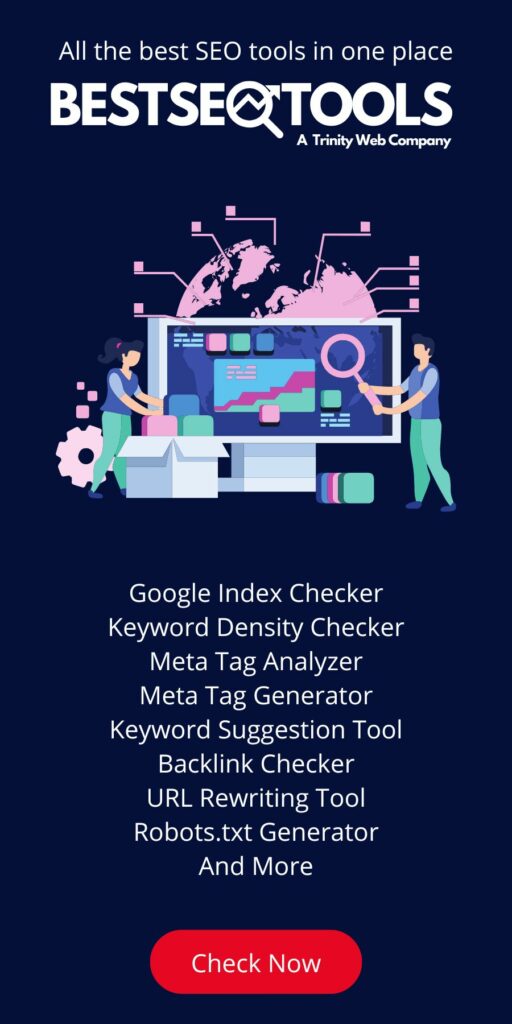In an era where digital transformation is paramount, the question that every business should ponder is: Should we take our products online? The answer lies in the thriving world of ecommerce, where an effective website design can significantly impact your success. This article explores the essence of ecommerce website design, compares popular platforms – Magento, WooCommerce, and Shopify, and provides insights into essential considerations for a flourishing online store.
Should Businesses Take Their Products Online?
The digital revolution has transformed the way consumers shop, making it imperative for businesses to establish an online presence. Here are compelling reasons why businesses should embrace ecommerce:
Global Reach: Ecommerce eliminates geographical boundaries, allowing businesses to reach a global audience. With a well-designed website, your products can be accessible to customers worldwide.
Convenience: Online shopping offers unparalleled convenience. Customers can browse, compare, and purchase products from the comfort of their homes, 24/7.
Cost-Effective: Operating an online store can be cost-effective compared to traditional brick-and-mortar establishments. There are no expenses related to physical storefronts, utilities, or extensive in-person staff.
Data-Driven Insights: Ecommerce platforms provide valuable data on customer behaviour, preferences, and purchase history. This data can be leveraged to enhance marketing strategies and improve customer experiences.
Scalability: Online businesses can scale rapidly. As your business grows, your ecommerce website can easily accommodate increased traffic and sales.
Magento vs. WooCommerce vs. Shopify for Ecommerce Sites
When it comes to building an ecommerce website, choosing the right platform is crucial. Let’s compare three of the most popular options: Magento, WooCommerce, and Shopify.
Magento:
- Customization: Magento offers extensive customization options, making it ideal for businesses with unique requirements. It’s a great choice for large enterprises and businesses with complex product catalogs.
- Scalability: Magento is highly scalable and can handle a large volume of products and customers. It’s suitable for businesses with ambitious growth plans.
- Open Source: Magento comes in both open-source and paid versions, providing flexibility in terms of budget.
- Complexity: It may have a steeper learning curve, making it more suitable for businesses with a dedicated development team.
WooCommerce:
- Ease of Use: WooCommerce is a plugin for WordPress, making it user-friendly and easy to set up. It’s an excellent choice for small to medium-sized businesses.
- Cost-Effective: WooCommerce is cost-effective as it’s free to use, with various optional paid extensions for added functionality.
- Customisation: While it offers customisation, it’s not as robust as Magento. However, for many businesses, the available options are sufficient.
- Community Support: There is a large community of WooCommerce users, making it easy to find support and resources.
Shopify:
- User-Friendly: Shopify is known for its user-friendliness and ease of use. It’s an excellent choice for beginners and businesses without technical expertise.
- Hosting Included: Shopify includes hosting, eliminating the need for external hosting services.
- App Store: Shopify has an extensive app store, offering various add-ons and integrations to enhance your store’s functionality.
- Scalability: It’s suitable for businesses of all sizes, from startups to large enterprises.
The choice between Magento, WooCommerce, and Shopify depends on your specific business needs, budget, and technical expertise. Small businesses may find WooCommerce or Shopify more accessible, while larger enterprises with complex requirements may prefer Magento.
ecommerce website designBasic Considerations for an Effective Ecommerce Store
Building an effective ecommerce store involves more than just choosing the right platform. Here are some crucial factors to consider:
Payment Gateways:
Selecting the right payment gateways is essential for a smooth shopping experience. Offer a variety of payment options to cater to diverse customer preferences. Popular payment gateways include PayPal, Stripe, and Square.
Shipping:
Efficient shipping is critical for customer satisfaction. Define clear shipping policies, offer reasonable shipping rates, and provide tracking information. Consider partnering with reliable shipping carriers for timely and secure deliveries.
Delivery Tracking:
Implement robust delivery tracking systems to keep customers informed about the status of their orders. Use order tracking emails and provide tracking numbers for easy reference.
Security:
Prioritise the security of customer data and payment information. Ensure your website is SSL certified and complies with data protection regulations. Display trust badges to instill confidence in shoppers.
Mobile Optimization:
Optimise your ecommerce website for mobile devices. With the increasing use of smartphones for online shopping, a responsive design is essential for a seamless user experience.
User Experience:
Provide an intuitive and user-friendly interface. Simplify the navigation, optimise product search, and ensure fast loading times to reduce bounce rates and boost conversions.
In conclusion, taking your products online through an ecommerce website is not just a trend; it’s a necessity in today’s digital age. Whether you opt for Magento, WooCommerce, or Shopify, selecting the right platform and considering essential factors such as payment gateways, shipping, and delivery tracking will play a pivotal role in the success of your online store. Embrace ecommerce website design to expand your reach, enhance customer experiences, and thrive in the competitive digital marketplace.





